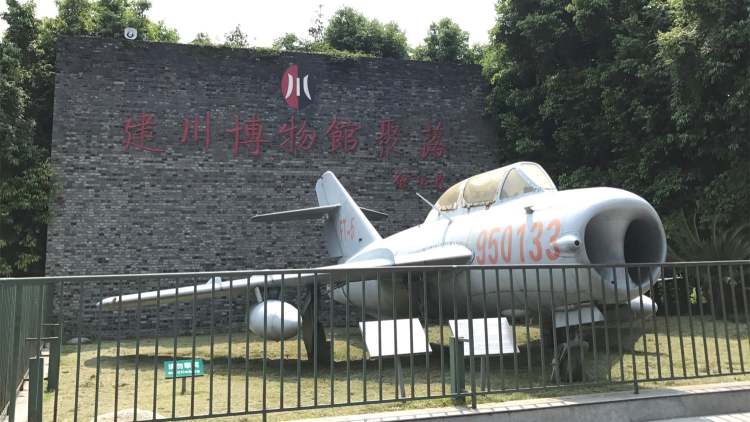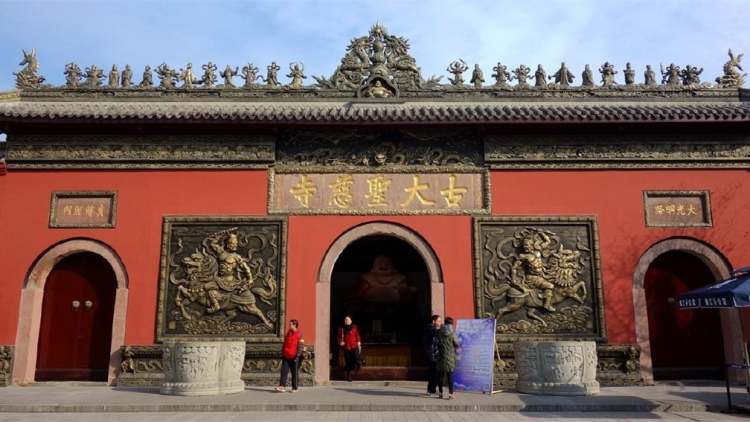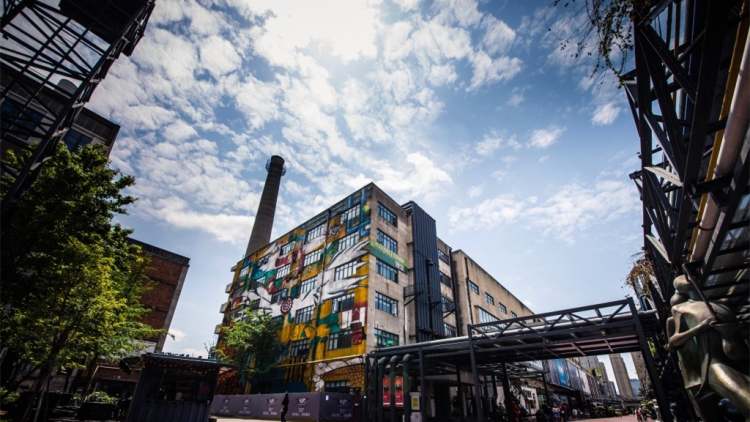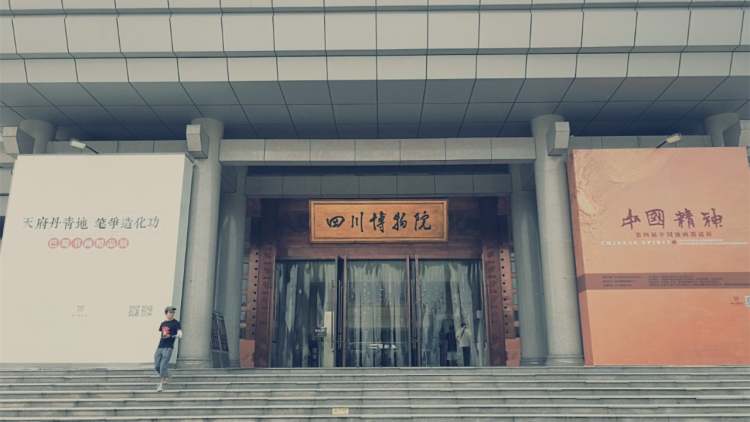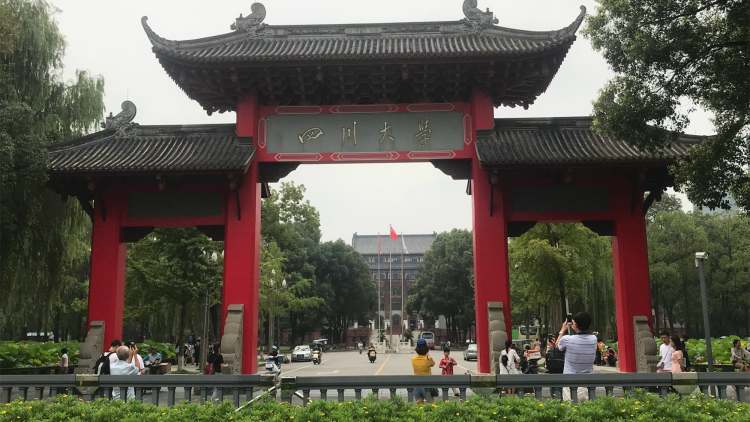Founded by Fan Jianchuan and located in Anren Town, Chengdu, Jianchuan Museum Cluster is currently the largest folk museum in China, with the largest exhibition area and the richest collection. The Jianchuan Museum restores some details of the Anti-Japanese War and the Wenchuan earthquake.
The museum covers an area of 500 acres, with a construction area of nearly 100,000 square meters, with more than 800 pieces of collections and 165 sets of first-class exhibits. There are more than 20 branch museums, which are divided into four series: Anti-Japanese War, Red Age, Earthquake and Folk Customs, as well as art exhibition areas such as Chinese veteran's handprints, Chinese heroes and Chinese warriors, and Chinese aid volunteers.
The Anti-Japanese War series includes theme pavilions such as the Long March, Japan's invasion of China, the mainstay, the frontal battlefield, and the indomitable prisoners of war. The frontal battle hall showcases 22 major wars and the Expeditionary Force's experience of entering Burma to support the British through displays of artefacts, photographs and dioramas, reliefs, videos and detailed text descriptions.
In the section of the record of the sacrificed generals, the Jianchuan Museum displays the portraits, names, and ranks of 256 soldiers on both sides of the stairs in the middle of the exhibition hall. The museum also collected nearly 3,000 porcelain badges of Sichuan soldiers at that time to form a cover photo of Chinese soldiers published in the American magazine "Life" in 1938, and visitors generally thought that the composition was shocking.
The Flying Tigers, formerly known as the Chinese Air Force's American Volunteer Air Force, were a combat unit composed of more than 200 American pilots as civilians during World War II. The Flying Tigers Pavilion showcases the U.S. Flying Tigers' combat history in China. Designed by Chester Wyton, former president of the National Institute of Architects, the building resembles a warship sailing in the water, symbolizing the aid of the U.S. military to China from across the Pacific.
The Wenchuan Earthquake Museum consists of the "Shock 5.12-6.12 Diary", the Earthquake Art Museum, and the Earthquake Science Knowledge Museum, with a total of more than 30 exhibition halls. In the outdoor exhibition, disaster relief equipment such as assault boats and excavators and damaged items such as smashed cars are on display. The "Shock 5.12-6.12 Diary" museum displays pictures, disaster reports, damaged objects, and poems in the form of a diary from the day of the earthquake to the month after the earthquake. The disaster report is printed on the ceiling, and the museum also collects items from the disaster area to reconstruct a disaster rescue scene.
Jianchuan Museum Cluster breaks through the concept of museums in the traditional sense, integrating more than 20 independent branch museums, hotels, restaurants, and cultural relics stores, and is one of the few comprehensive museums with commercial nature. The ticket price for a single museum is 20 yuan, and the pass for all exhibition halls is 100 yuan, which can be used multiple times within three days, but can only enter and exit a single museum once. In special years such as the 80th anniversary of the Sichuan Army's Anti-Japanese War in Sichuan, the Jianchuan Museum will launch preferential prices. Passengers can take a bus from Chadianzi Bus Station in Chengdu to reach Anren Ancient Town Station, and then go to Jianchuan Museum. The recommended visit time of Jianchuan Museum is 2 days, and if the itinerary is tight, you can choose some branch museums to visit carefully. In addition, the Jianchuan Museum is adjacent to the Dayi Liu's Manor Museum, so you can play together.
Suggested visiting time: 1 to 2 days
Indicative fare:
Single hall ticket: 20 yuan/person (valid on the day), 100 yuan/person for the whole museum pass (valid for three days)
Special price for commemorative anniversaries of reform and opening up, victory of the War of Resistance Against Japanese Aggression, and the Sichuan Army's battle out of Sichuan: 60 yuan/person
Pass 40 yuan/person (valid on the day), pass 50 yuan/person (valid for three days): students with bachelor's degree or below, seniors aged 60-70, and active military personnel
Pass 20 yuan/person (valid on the day), pass 25 yuan/person (valid for three days): seniors over 70 years old
Free tickets: national model workers, heroic models, children under 1.2 meters tall, and people with disabilities
Opening hours: 09:00-17:30 (ticket sales close at 17:00)
Tips: Some branch libraries are closed for maintenance from time to time, you can pay attention to the notice of the official public account



